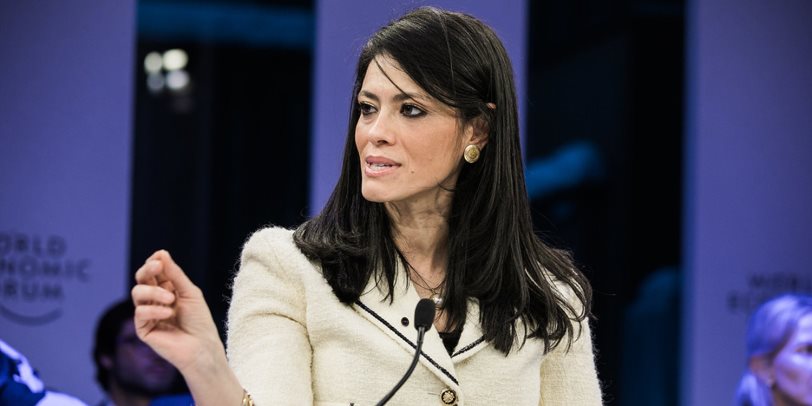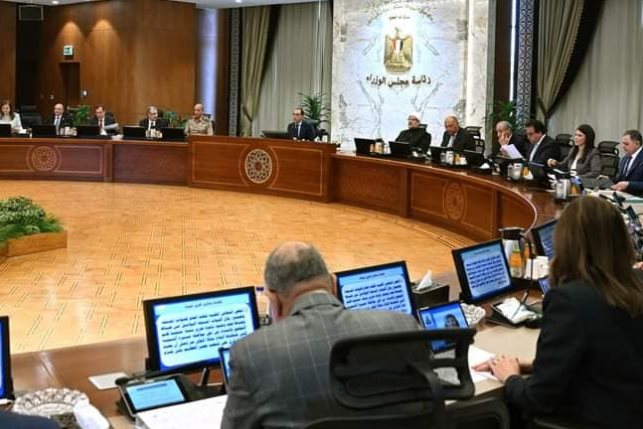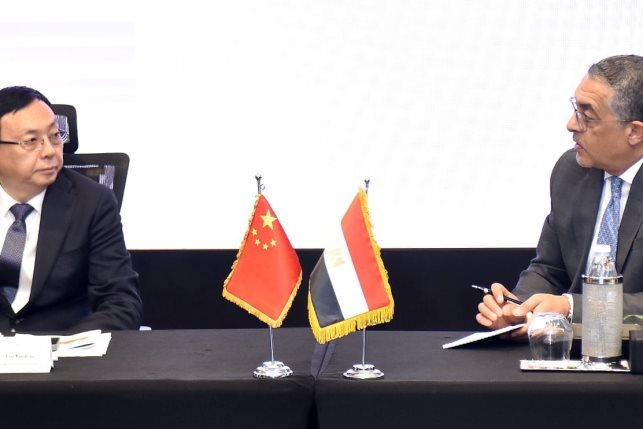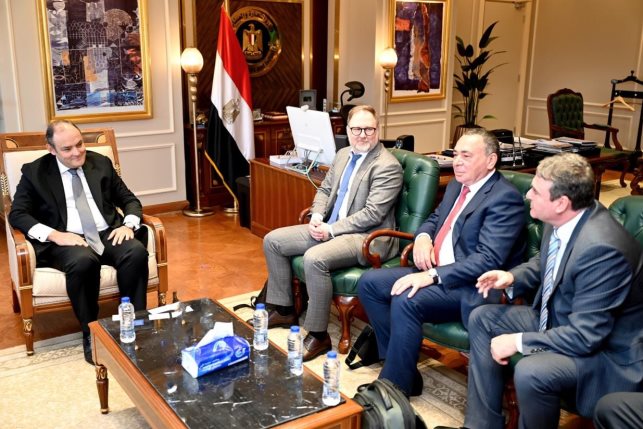2nd phase of reforms to focus on sectorial structural reforms: MOICMin
Her comments were during the first meeting with multilateral and bilateral development partners regarding new structural reforms for 2022

Sectoral structural reform will be the focus of the next round of structural reforms for this year said Ministry of International Cooperation (MOIC) Minister Dr. Rania Al-Mashat.
During the first meeting with multilateral and bilateral development partners regarding new structural reforms that the Government of Egypt aims to implement, she stressed the importance of the structural reforms that the Government of Egypt seeks to implement to achieve a sustainable economic recovery and the ability to withstand future challenges.
The proposed structural reforms are part of complementing the process of reforms that the Government of Egypt started in 2016 with the International Monetary Fund (IMF) in the financial and monetary sector, Al-Mashat explained.
The meeting comes within the framework of the government's negotiations with the World Bank Group (WBG) and the Asian Infrastructure Investment Bank (AIIB) on Development Policy Financing in support of the state budget, said an official MOIC statement.
It was attended by representatives from several multilateral and bilateral development partners, including the WBG, the AIIB, the European Bank for Reconstruction and Development (EBRD), the European Investment Bank (EIB) and the United States Agency for International Development (USAID), among others.
In her welcoming speech, Al-Mashat emphasized Egypt’s success in implementing the homegrown economic reform program from 2016 to 2019 which helped cushion the country during the pandemic, enhanced development plans, and achieved positive growth rates despite recessions in most countries of the world.
Marina Wes, the WBG’s Country Director for Egypt, Yemen and Djibouti said that the ongoing dialogue between the WBG and its partners including the government, civil society, private sector, and international partners, is the central focus of the bank’s work.
Wes added that the first phase of economic reforms ensured economic resilience, and the second phase is expected to help Egypt recover from the repercussions of the pandemic, through the private sector led development efforts.
IMF’s Senior Resident Representative of Egypt, Dr. Said A. Bakhache, applauded applauded Egypt’s ability in overcoming the COVID-19 crisis. He stressed the IMF’s support for all the efforts made to access budget support financing, and indicated that the program is a means to develop the economy.
It is crucial that the economic recovery be done in a comprehensive and sustainable manner, says Senior Investment Operations Specialist at the AIIB, G.P. Zhang.
Zhang also emphasized that the Development Policy Financing program in support of the Egyptian budget is an important process to push for the government’s response and reform plans in the face of the COVID-19 pandemic, and expressed the AIIB’s appreciation for the confidence that the Government of Egypt places in the bank to finance the process.
The UN’s representative, Ms. Elena Panova, UN Resident Coordinator in Egypt, congratulated the Ministry of International Cooperation, the WBG, and the AIIB for the Development Policy Financing program that focuses on accelerating the SDGs, through the empowerment of women and the engagement of the private sector in the development plans. Panova said that the UN is willing to support the Development Policy Financing program through ongoing partnerships with the government in order to align the SDGs with the second phase of reforms.
The meeting comes in light of the Ministry’s Economic Diplomacy doctrine, within its role to develop and strengthen the economic cooperation between the Arab Republic of Egypt and other countries, and international and regional organizations.
The Ministry is responsible to propose the criteria for obtaining external financing, both funds and grants; follow-up and monitor ministries and national agencies that benefit from foreign financing within the framework of the general economic policy of the country to ensure achieving the economic development goals; and manage Egypt’s economic relations with international organizations of economic cooperation, the international financial institutions and specialized agencies of the United Nations - all to achieve a circular economy and implement the national development agenda.
The Minister thanked all the ministers, technical working groups from the concerned ministries, and the WBG team that worked diligently to bring out the framework of structural reforms in its final form. The participation of all concerned entities in establishing a suitable framework for the Development Policy Financing to support the budget reflects the Government of Egypt’s keenness to implement development plans and opens new horizons for the participation of International Financial Institutions (IFIs) and foreign investment. It also reflects the government's commitment to match the objectives of projects and concessional development financing with the Sustainable Development Goals (SDGs).
The meeting is the first of a series of talks to address the proposed structural reforms in light of the Development Policy Financing program, with the multilateral and bilateral developemnt partners, the private sector and the civil society organizations.
The Development Policy Financing program is one of the financing mechanisms initiated by the WBG to help countries achieve development results by supporting policy and institutional reforms through financing the state's budget.
These programs aim to achieve a variety of benefits including enhancing the macro-fiscal sustainability, enabling the private sector development in the sustainable energy supply, and improving the business climate.





